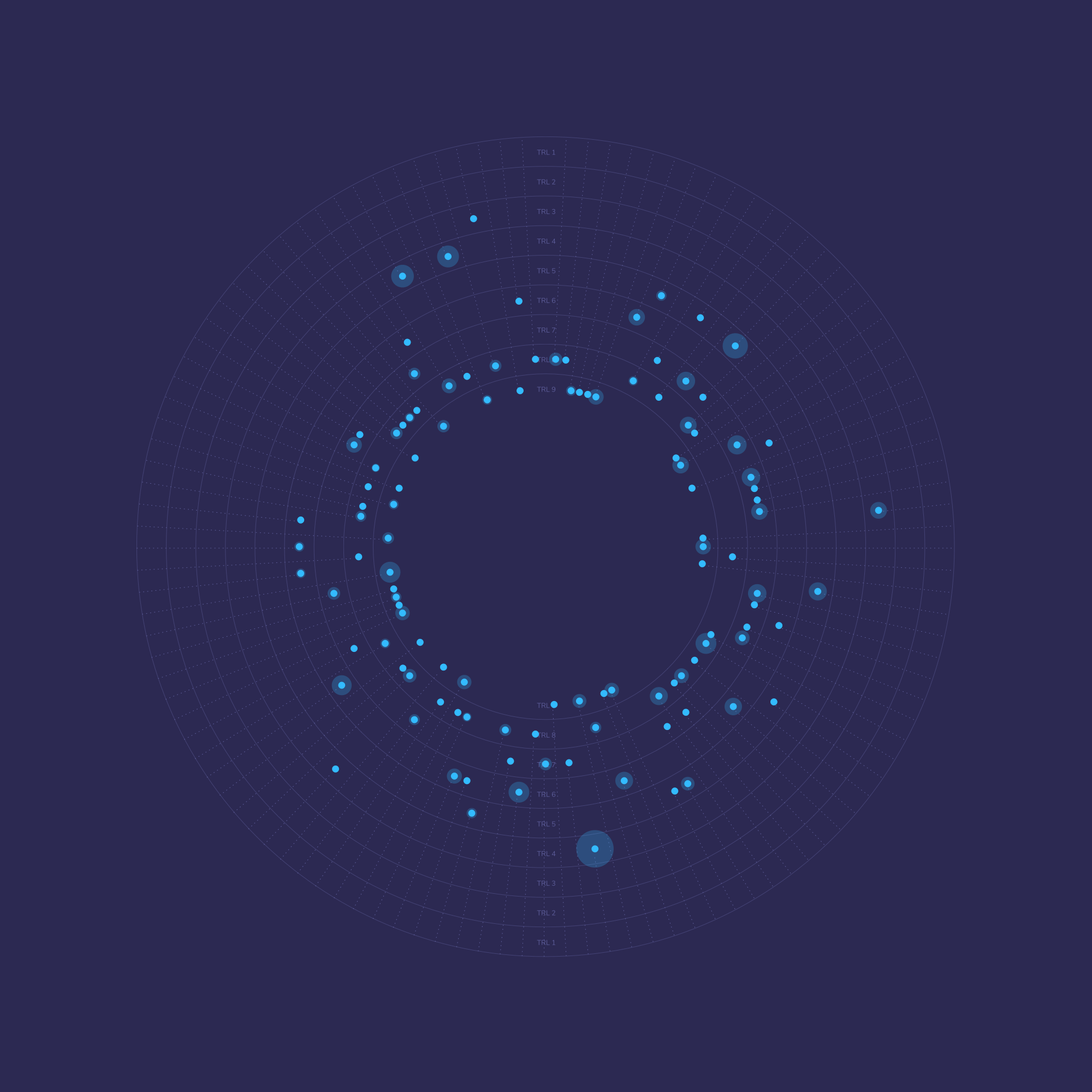Harvesting Data as a Crop
Laura Del Vecchio
@thisisengineering @ Unsplash
The usage of Information and Communication Technologies (ICT) in agri-food businesses ignited countless developments intended to increase food production, improve farming quality and resilience, contribute to food and nutrition security, make the use of natural resources more efficient, and help farmers adapt to the effects of Climate Change. This, in turn, led to a boom in innovative business models, policies, and entire new dynamics, attracting the attention of stakeholders, governments, research projects, and numerous agri-food actors.
Farmer profiling, for example, has for decades been a practice undertaken by governments and companies in an effort to bring about improvements in agri-food systems. By aggregating information about farm location and production, the data collected in farmer profiling help better tailor the necessary support smallholders need, as well as empower them to make more informed decisions. In more recent years, emerging technologies within the branches of Artificial Intelligence, Internet-of-Things (IoT), and Blockchain have had a great influence linking information services, finance, and agricultural inputs, therefore enhancing transparency, traceability, planning, monitoring, assessment, optimization, event management, and forecasting in agribusinesses, particularly in relation to sustainability.
Rice crop
Boglárka Mázsi @ Unsplash
Rice crop
Boglárka Mázsi @ Unsplash
However, similar to other agricultural developments, many of the advantages proposed by the introduction of digital tools are likely to benefit big companies, often placing smallholder farmers last in line to make any profit from data. This is particularly striking considering that smallholder farming is the most prominent occupation in rural areas of developing countries, and smallholder farmers are the biggest contributors to food production worldwide. Yet, simultaneously, in economic terms, they represent one of the most vulnerable social categories in most developing nations, thus extending their limitations of access to digital infrastructure, as the majority of small farmers cannot afford to acquire emerging technological tools. For women farmers, the barriers are more significant, as women generally have less access to technologies, including mobile phones.
Nonetheless, emerging technologies can open up new opportunities. It is how and where these tools are distributed that will break down the obstacles for marginalized and poorer actors in agricultural value chains — in fact, the inclusion of smallholder farmers in the ongoing digitalization movement became a challenge itself. Hence, data democratization, a movement that aims to make digital information (including knowledge access, use, skill capacity, and data security) available to non-technical users, needs to become one of the key drivers for sustainable development.
To harness the value of data as a potential cash crop in agri-food systems, we have created editorial pieces that explore how emerging technologies can help reconfigure data governance and data sovereignty for smallholder farmers. The following editorial pieces intend to provide an in-depth analysis and inspiration on data democratization and redristibution of digital resources, and show how a reformed ecosystem can function that includes agri-food actors, data, and ethical supply chains.
